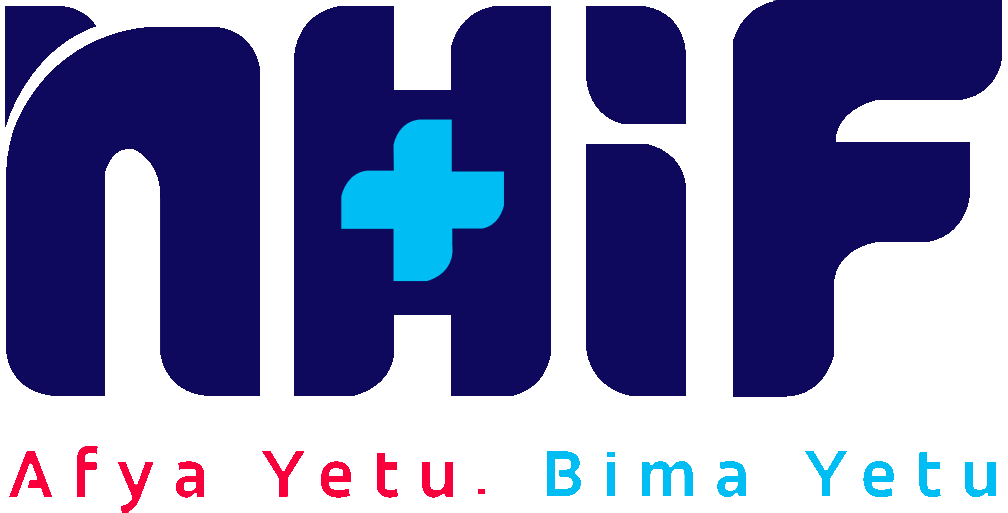Nairobi, the bustling capital city of Kenya, is not only a hub of economic activity but also a center of diverse cultures and communities. Amidst this vibrant backdrop, the issue of maternity coverage holds significant importance for the well-being of expecting mothers and their families. Access to quality healthcare during pregnancy and childbirth is a crucial aspect of maternal and infant health, and understanding the state of maternity coverage in Nairobi is essential for addressing the challenges and advocating for improvements in this area.
The Importance of Maternity Coverage
Maternity coverage refers to the extent to which expecting mothers are provided with medical care and support throughout their pregnancy, childbirth, and postpartum period. It encompasses a wide range of services, including prenatal care, hospital stays for delivery, postpartum check-ups, and other healthcare interventions that contribute to ensuring a safe and healthy pregnancy journey.
In Nairobi, as in many other parts of the world, access to adequate maternity coverage plays a pivotal role in reducing maternal and infant mortality rates. When women receive proper prenatal care and skilled attendance during childbirth, the risks associated with pregnancy-related complications are significantly diminished. This leads to healthier mothers and newborns, fostering a positive impact on the overall well-being of families and communities.
Challenges in Maternity Coverage in Nairobi
While strides have been made in improving healthcare access in Nairobi, several challenges persist in the realm of maternity coverage:
- Uneven Distribution of Healthcare Facilities: Nairobi’s healthcare facilities are not evenly distributed across the city, with some areas having better access to quality medical services than others. This disparity often affects women’s ability to access timely prenatal care and emergency obstetric services.
- Affordability: Even when healthcare facilities are available, the cost of maternity care can be a barrier for many women, particularly those from low-income backgrounds. High medical expenses, including consultation fees, diagnostic tests, and hospital stays, can deter pregnant women from seeking proper care.
- Quality of Care: While there are healthcare facilities in Nairobi that provide excellent maternity care, there are concerns about the overall quality of care in some institutions. Skilled medical professionals, well-equipped facilities, and adherence to best practices are essential for ensuring safe deliveries and positive maternal outcomes.
- Cultural Beliefs and Practices: Cultural factors can influence decisions around childbirth and maternal care. Some traditional practices might conflict with modern medical advice, leading to challenges in providing standardized care to all expecting mothers.
- Healthcare Workforce Shortage: Nairobi, like many other regions, faces a shortage of trained healthcare professionals, including obstetricians, midwives, and nurses. This shortage can impact the availability of skilled attendance during childbirth.
Initiatives and Progress
Despite the challenges, there have been commendable initiatives aimed at improving maternity coverage in Nairobi:
- Maternal Health Clinics: Various non-governmental organizations (NGOs) and government agencies have established maternal health clinics in underserved areas. These clinics offer free or subsidized prenatal care, screenings, and health education to expecting mothers.
- Community Health Workers: Trained community health workers play a vital role in reaching pregnant women in remote or disadvantaged areas. They provide essential information, conduct regular check-ups, and refer high-risk cases to medical facilities.
- Public Awareness Campaigns: Awareness campaigns focusing on the importance of prenatal care and safe childbirth practices have been instrumental in dispelling myths and misconceptions. These campaigns encourage women to seek medical assistance and make informed decisions.
- Collaboration with International Organizations: Nairobi benefits from collaborations with international organizations that provide technical assistance, funding, and expertise to improve maternal healthcare services.
- Insurance Schemes: Some insurance companies and social protection programs offer maternity coverage as part of their packages, helping to mitigate the financial burden of medical expenses related to pregnancy and childbirth.
The Way Forward
To enhance maternity coverage in Nairobi, a multi-faceted approach is required:
- Accessible and Affordable Healthcare: Expanding the network of healthcare facilities and ensuring that they are geographically accessible to all residents of Nairobi is crucial. Additionally, efforts to reduce the financial burden of maternity care, through insurance schemes or subsidies, will enable more women to access timely services.
- Investment in Healthcare Workforce: Training and employing skilled healthcare professionals, especially midwives and obstetricians, will bolster the quality of care provided during pregnancy and childbirth.
- Cultural Sensitivity: Collaborating with communities to understand their cultural beliefs and practices can help bridge the gap between traditional and modern approaches to maternity care. This approach can facilitate a more comprehensive and effective healthcare delivery system.
- Education and Awareness: Continuous public education campaigns, utilizing various media platforms, can dispel myths, raise awareness, and empower women with knowledge about their maternal health rights and options.
- Data-Driven Interventions: Collecting and analyzing data related to maternal health outcomes can inform evidence-based interventions. Data can reveal gaps in coverage, identify areas of improvement, and guide resource allocation.
In Conclusion
Maternity coverage in Nairobi is a crucial aspect of ensuring the health and well-being of expectant mothers and their infants. Addressing the challenges and gaps in healthcare access requires collaborative efforts from government agencies, healthcare institutions, NGOs, and the international community. By working together to improve healthcare infrastructure, affordability, and quality, Nairobi can pave the way for a brighter future where all women can embark on their motherhood journey with confidence and support.

GIPHY App Key not set. Please check settings